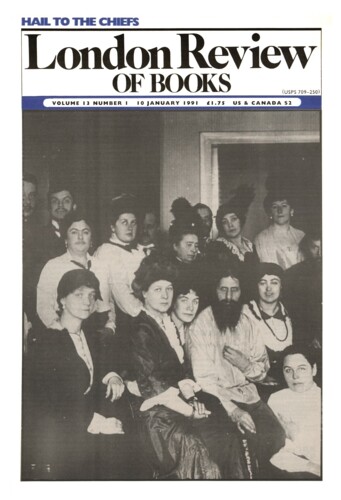In a cold October twilight, down towards
An estuary beach of mud and stones,
Three lifelong friends lurch and scramble over banks
Of red soil, fallen from cliffs which one afternoon,
Fifty years ago, broke and carried the whole of a church,
Its churchyard and half a road to the shores below.
They plunge headlong on crumbling cakes of earth
Where tipped-out garbage has mingled with the rubble,
And grass and painful gorse grown over it;
And sometimes they can’t keep upright, and have to slide
On their arses with their hands thrown out to grab
At the fragile vegetation. But finally
They arrive at the river, and slither on the stones
– Which turn out to be nothing more than heavy
Medallions of mud shaped by the lapping tides ...
The scum of the water nudges at their shoes,
And why did they come here, dangerously treading
The remains of fifty years? It is getting dark,
And they have to lug their bodies up again,
Up all that distance to the eroding edge
Of the cliff again, in unspoken competition,
With care to avoid the crevasses under the grass.
There is, and there has been, no kind of point or pleasure
For legs or lungs or spirits in any of this,
Though when they can breathe at the top, looking down across
The tracks by which they ascended, there is a pride
In their sweating faces. And yet, by themselves
With no one else at the end of the day to admire them,
Or even convert them to symbols, why did they want
To do it, they ask? – After all, it was getting dark.
Send Letters To:
The Editor
London Review of Books,
28 Little Russell Street
London, WC1A 2HN
letters@lrb.co.uk
Please include name, address, and a telephone number.

